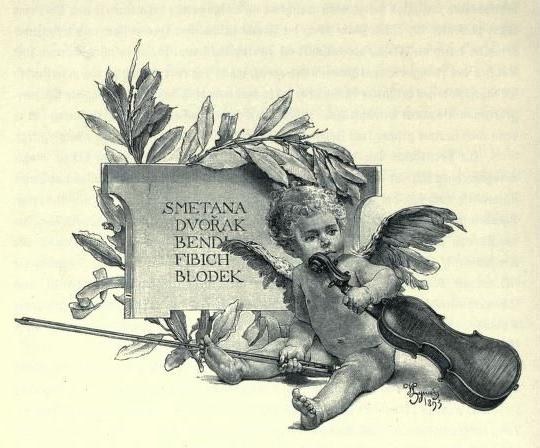[4] October 10 — Was classical music German?
Section outline
-
 Click on "Listen to audio clips in context" below for greater detail about the musical clips.
Click on "Listen to audio clips in context" below for greater detail about the musical clips.Assigned readings:
Carl Dahlhaus, "Nationalism and music," Between Romanticism and Modernism (1980), 79–101.
Fryderyk Chopin, Sonata in B-flat minor, op. 35, first movement (1836):
Robert Schumann, "New sonatas for piano" (excerpt), Gesammelte Schriften für Musik und Musiker, vol. 4 (1854 [1841]), 21–25. [German]
Mikhail Glinka, symphonic fantasy Kamarinskaia (1848):
Marina Frolova-Walker, "Against Germanic reasoning: The search for a Russian style of musical argumentation," in Musical Constructions of Nationalism (2001), 104–122.
Further reading:
Celia Applegate, “How German Is It? Nationalism and the Idea of Serious Music in the Early Nineteenth Century,” 19th-Century Music 21 (1998): 274–96.
Ed. de B... v..., "De la musique au dix-neuvième siècle," Le Figaro (27 January 1839).
Kornél Ábrányi, "A nemzetiesség jogosultsága a művészetben s főleg a zenészetben," Fővárosi Lapok (1 January 1874): 5-6.
David Brodbeck, Defining Deutschtum: Political Ideology, German Identity, and Music-Critical Discourse in Liberal Vienna (2014).["Bohemian Muse" -- Click on image for larger version]
